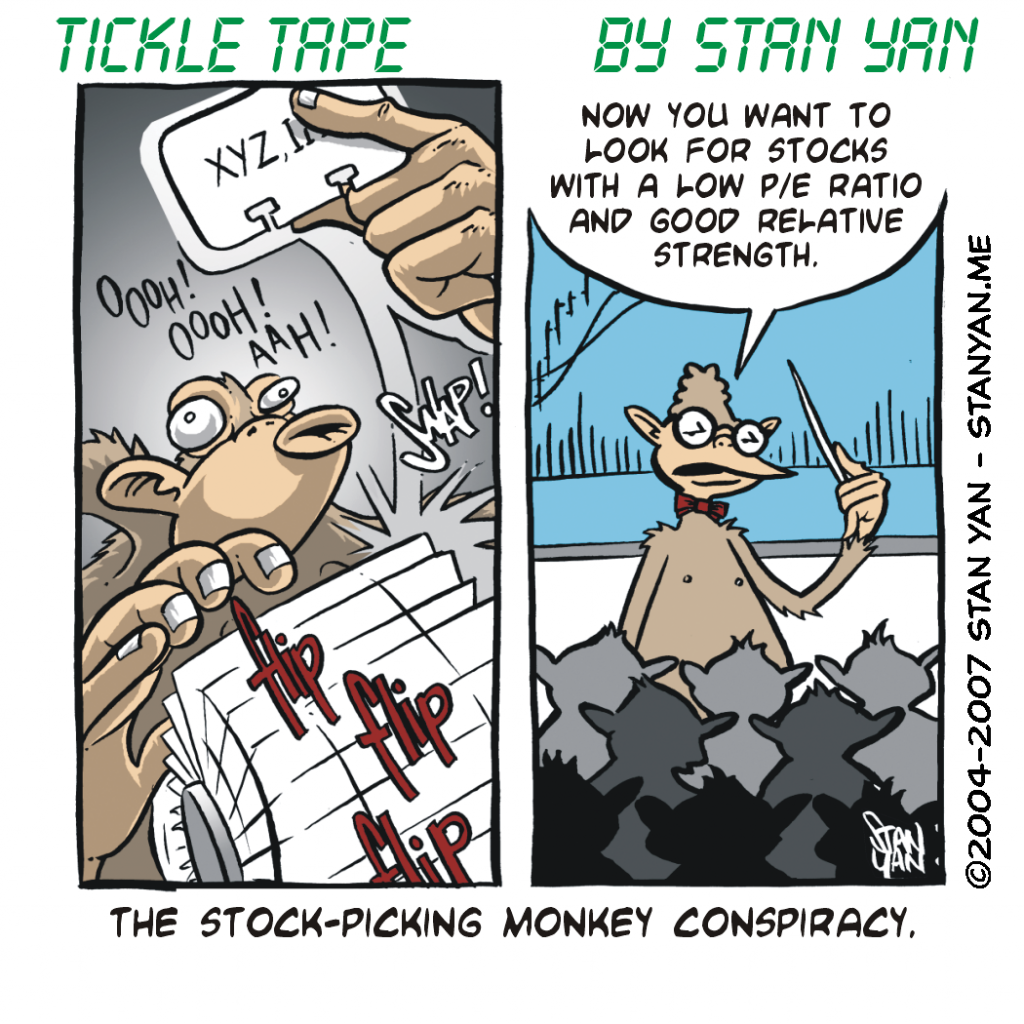There are times when going with your “gut” instinct can be shrewdly accurate, but at other times, your instincts can be dead wrong. The human mind is capable of making decisions without full, conscious awareness. An experienced driver, for example, doesn’t need to pay close attention to every action. It’s quite easy to automatically shift gears, hit the brakes, and avoid getting into an accident. With practice, you can act decisively without thinking.
These skills don’t develop overnight, however. You must hone these skills over time. It’s the same with learning to trade intuitively. Over time, you learn to trust your instincts. But should you trust your interests all the time? It may be necessary to question your intuition occasionally. To make sure that your intuition is still on target, it is wise to deconstruct past decisions and test your intuitive skills.
The mind is prone to fall for decision-making biases. Trading requires accepting uncertainty, but uncertainty is often difficult to accept. Biases help us quell feelings of uncertainty. We may be prone to feel overconfident. Rather than admit our fears, we may compensate by believing that we are omnipotent. Suddenly our mind sees things that aren’t there. We start to see signals that confirm our expectations or we block out any information that does not conform to our expectations.
If you aren’t careful, an intuitive hunch creeps up that does nothing more than alleviate psychological tension. It’s not based on a quick, decisive evaluation of facts, but on a psychological need for resolution between two opposing ideas. Prudent decision-making requires that we look at both sides of an issue and arrive at an accurate assessment of reality, however.
It may be useful at times to test and study our intuitive processes. After making a decision, it is informative to occasionally look carefully and consciously at a variety of indicators and sources of information that went into making a decision.
Any intuitive thought should be grounded in facts. If you were to think backwards after making an intuitive decision, you should be able to map out the information and signals that went into making the decision. Intuitive thoughts and hunches should reflect the processing of specific pieces of information. To test and understand your intuitive skills, re-examine an intuitive decision you have made. Retrospectively try to remember how you made a decision a few minutes after making it. Think about what information you used to make the decision.
Write down and map out the information on which your intuitive thought was based. Was the hunch based on valid information, or was it just a whim? You may not be able to reconstruct every decision you made. Sometimes decisions just happen too fast. But you should be able to think of a few of them, reconstruct your thought processes and make sure you tend to make logical decisions based on some solid information when making intuitive decisions. Remember, it may seem as if you are not thinking and processing information when making a decision, but you are, or at least you should be.
You should be able to identify what you looked at to make an intuitive decision. If you can’t, you may be making unfounded hunches. Don’t be afraid to study and dissect your intuitive decisions. Knowing that your decisions are actually based on solid pieces of evidence will increase your confidence when it comes to trusting them, and that will help you trade with a winning edge.


